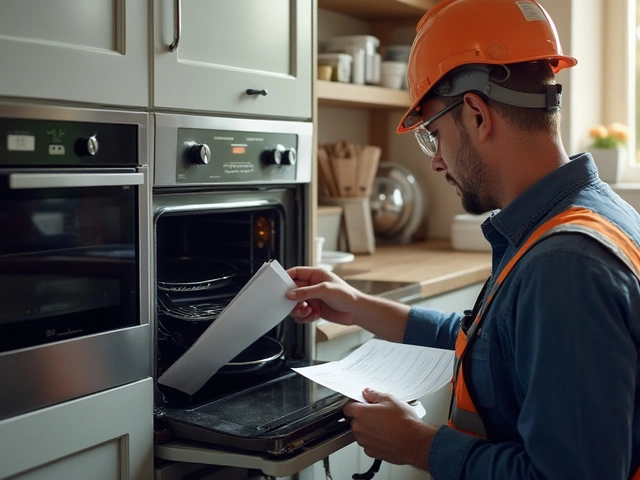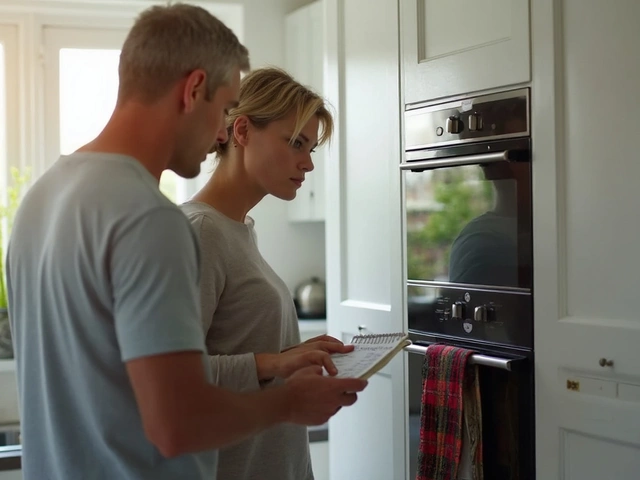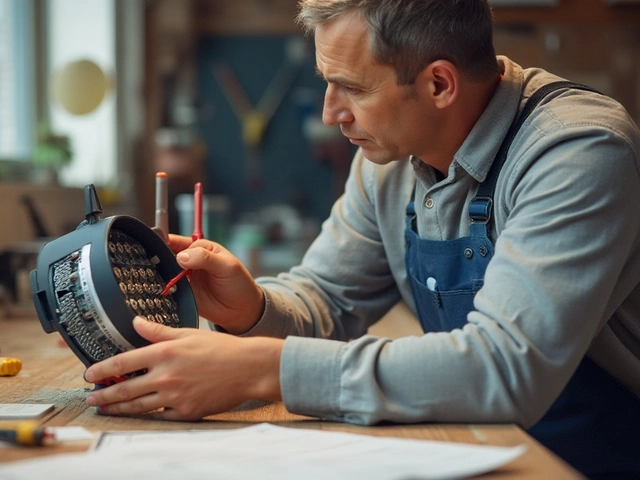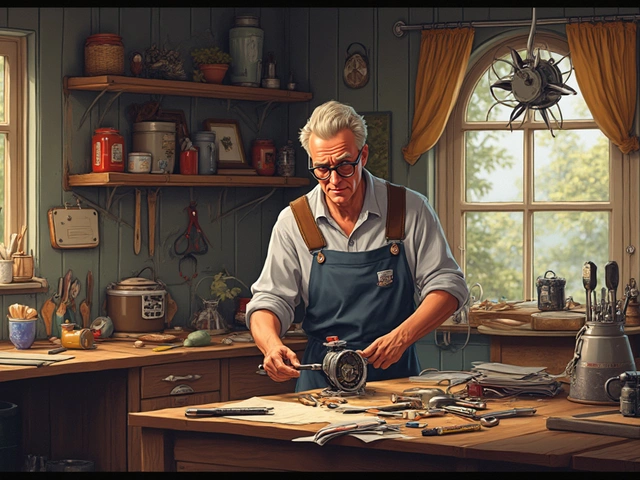Kitchen Appliance Repair Tips & Guides
If your oven won’t heat, your glass hob is cracked, or the extractor fan is making a whine, you’re not alone. Most kitchen appliances start acting up after a few years of use, and the good news is many problems can be sorted without a costly callout. Below you’ll find practical advice that covers the most common issues and tells you when it’s time to call a professional.
Common Kitchen Appliance Issues
Ovens are the workhorse of any kitchen, but heating elements can fail, thermostats go off‑track, or wiring gets loose. A quick visual check for burnt smells or broken wires can save you a visit from a technician. If the oven still won’t heat after you reset the circuit, it’s likely a element or thermostat that needs replacing.
Glass and ceramic hobs are prone to cracks from heavy pots or sudden temperature changes. Small hairline cracks might be repaired with a special filler, but deeper cracks usually need a new top. Before you order a replacement, measure the crack and contact a local repair service to see if a panel swap is cheaper.
Extractor fans are often overlooked until the kitchen smells like a sauna. Mold buildup, a clogged filter, or a motor that’s seized are the usual culprits. Removing the filter, cleaning it with warm soapy water, and checking the fan blades for obstruction can restore airflow in minutes.
Dishwashers and freezers also show up on the kitchen appliance tag. Standing water at the bottom of a dishwasher usually means a blocked drain hose or a faulty pump. For a freezer that won’t stay cold, start by checking the door seal and cleaning the coils behind the unit. Simple fixes like these keep the appliance humming.
DIY Fixes & When to Call a Pro
For most minor repairs you’ll need a screwdriver, a multimeter, and a bit of patience. Resetting a tripped circuit breaker, tightening loose screws on a fan motor, or swapping out an oven’s heating element are tasks many homeowners can handle safely. Always unplug the appliance first—safety first.
However, when you encounter electrical issues beyond a simple plug‑in, gas connections, or water leaks, it’s best to let a qualified technician take over. Attempting DIY on gas ovens or water heaters can be dangerous and may void warranties. Our Rugby team is trained to handle these jobs quickly and safely.Regular maintenance goes a long way. Clean your oven’s interior after each use, wipe down the hob surface, and run the extractor fan monthly with a cleaning solution. A quick check of filters and seals each season can prevent bigger breakdowns later.
Need a fast, reliable fix? Contact Rugby Appliance Repair Services for same‑day service. Our technicians know the ins and outs of every kitchen appliance and will get your kitchen back in action without breaking the bank.






